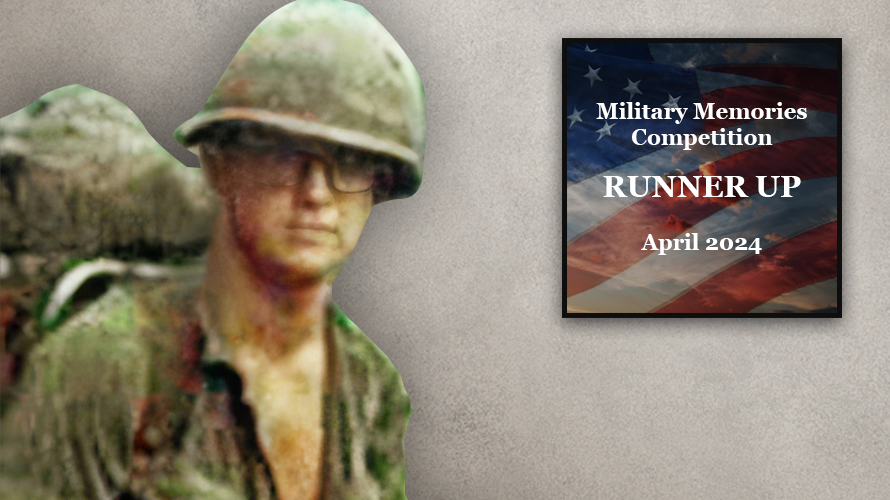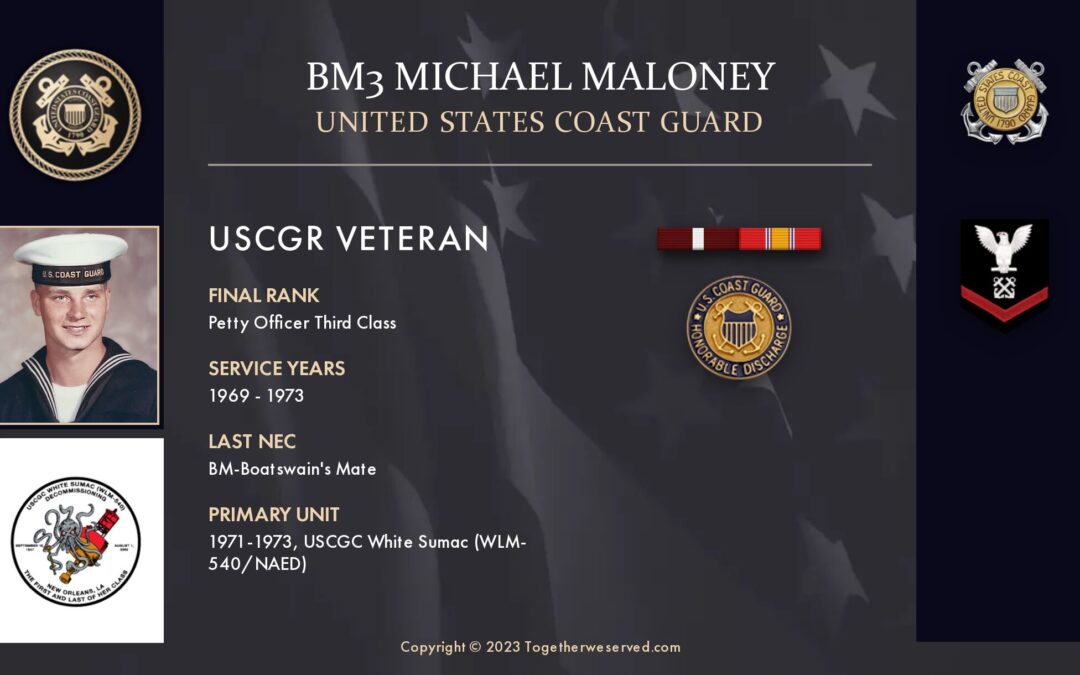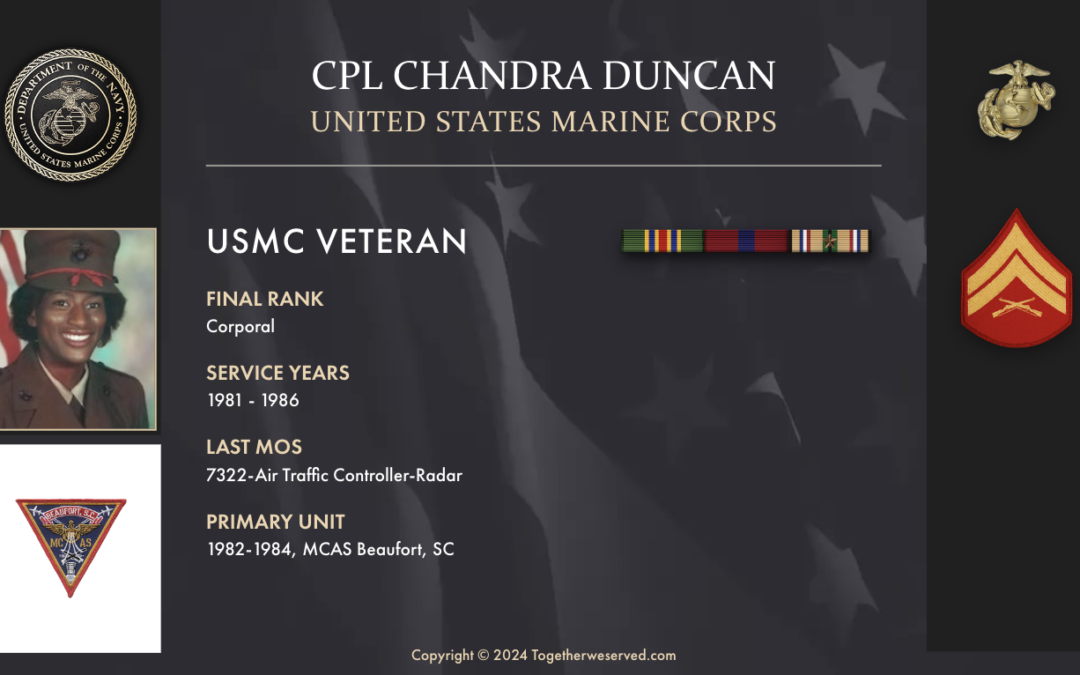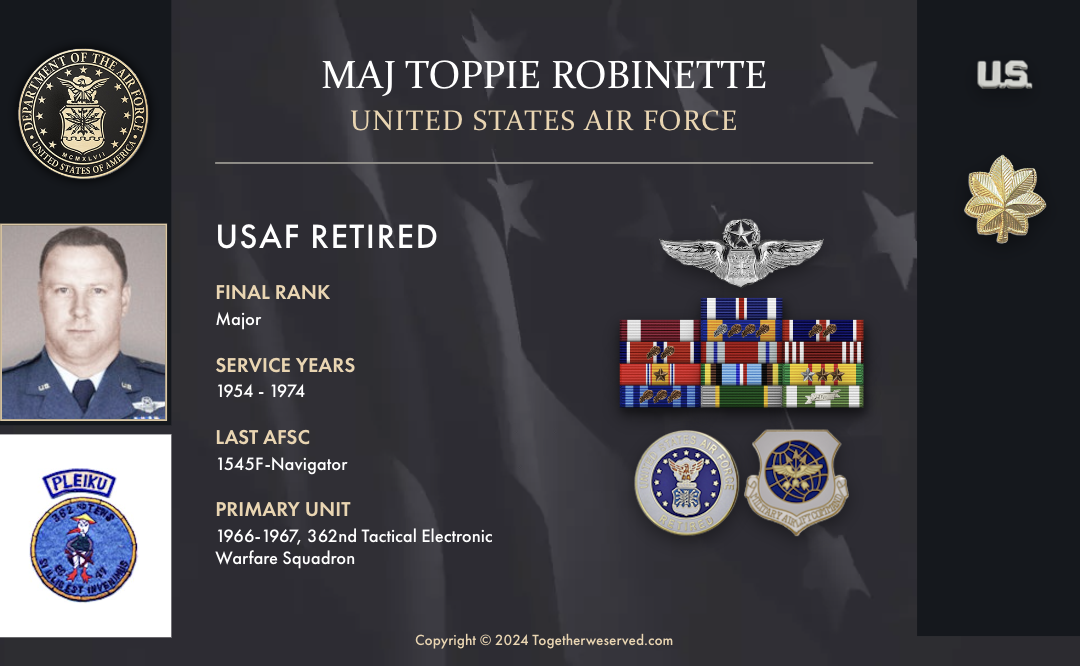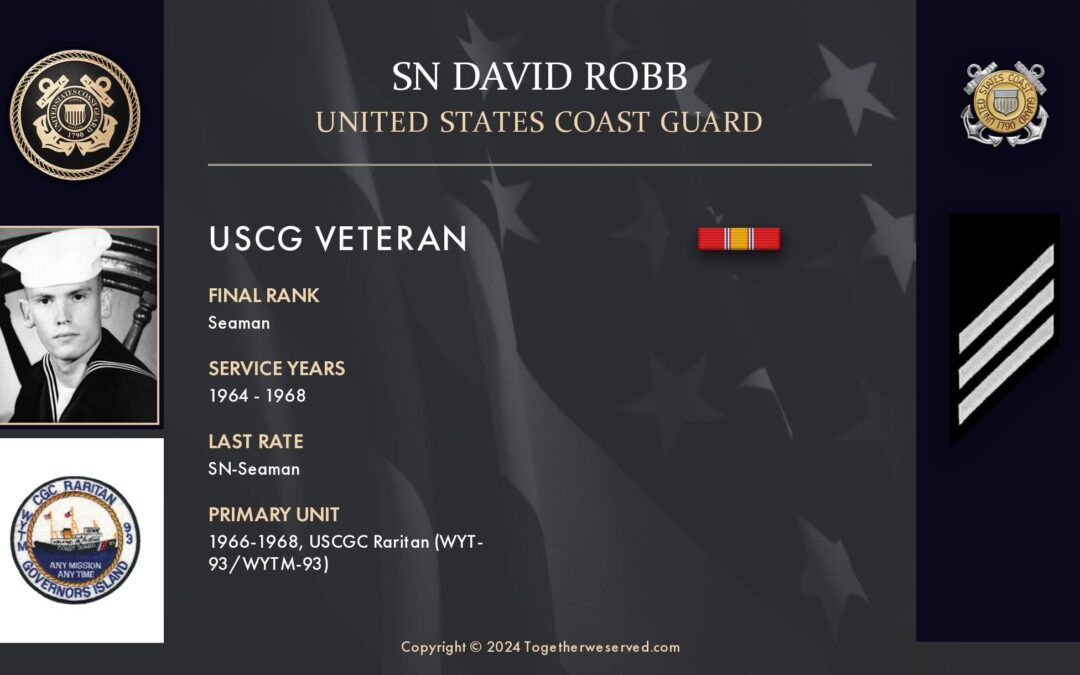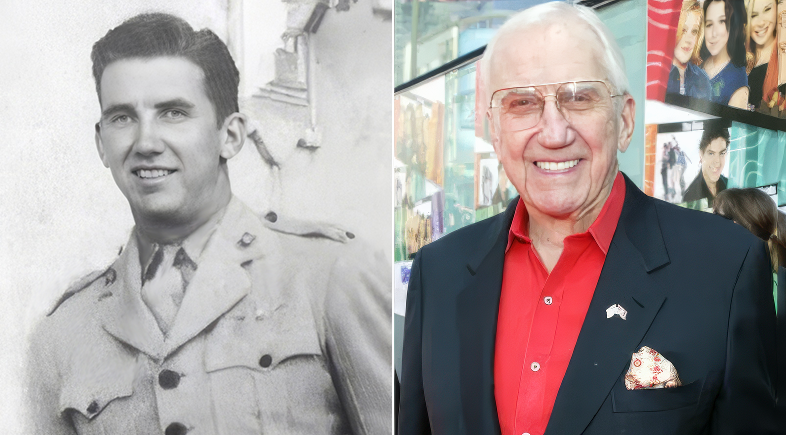What was the biggest personal challenge that you encountered during your military service? How did you approach and overcome this?:
As a Navy Ceremonial Guard Casket Bearer, we did 6 funerals daily, 5 days a week in Arlington National Cemetery. However, one funeral in particular was very tough. Everything seemed normal. The car pulled up to the chapel; I removed the urn from the back seat and carried it past the seated family to the front of the chapel. I placed the urn on the small table and made my way out and down to the basement, where we usually waited for the family to speak and pay their final respects upstairs.





